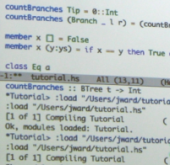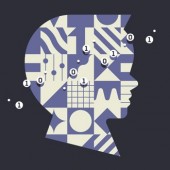Last summer, Bloomberg BusinessWeek devoted an entire issue to “What Is Code?” a single article by Brooklyn-based writer and programmer Paul Ford. Ford’s breakdown of key concepts pulls back the curtain on the fundamentals of computer programming and makes a compelling argument that any smart person can learn the basics—and that the basics are worth learning even for those who aren’t planning to become professional coders. It is, in part, a case for coding as a new frontier in digital literacy. There’s a growing interest in this type of education among kids, teens, businesspeople, career changers, and the generally curious. And a growing number of public libraries are already responding to this need within their communities. Here’s a look at ways in which a few libraries have made their programs a success.
Coding Skills Empower Us All |The Maker Issue
By on May 11, 2015
Cracking the Code: Librarians Acquiring Essential Coding Skills
By on March 6, 2013

For newcomers, computer source code can look quite alien. Librarians might be reminded of the first time they saw a MARC record—a mishmash of recognizable words and bits of information embedded in funky punctuation. But it doesn’t have to be that way–learning code can help librarians customize and improve the usability of web-based resources and vendor interfaces and improve communication with a library’s IT staff and software vendors.

